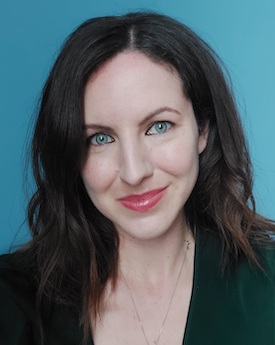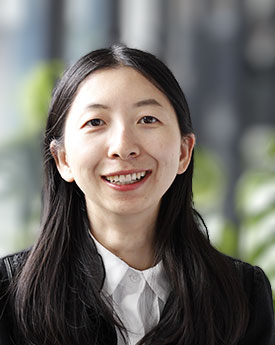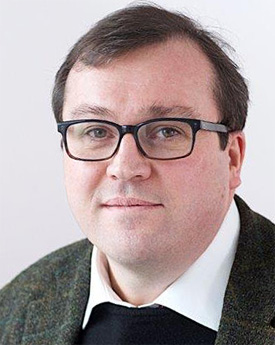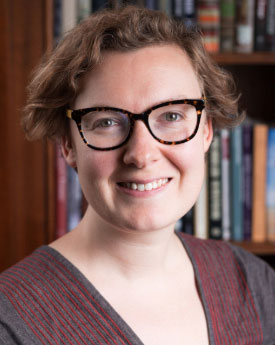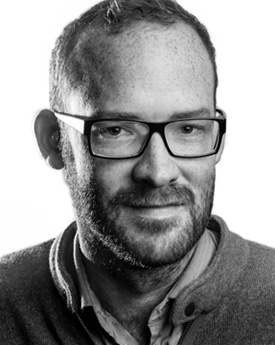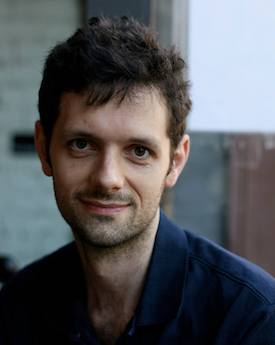Dr Baihui Duan
Baihui is an environmental historian of early modern East Asia. Her academic interests encompass the history of war, environment, climate, animals, disease, medicine, and governance in East Asia, roughly after the Imjin War (also known as the Great East Asian War of 1592-1598). Combining approaches from historical and geospatial analysis, she examines how nature and infectious diseases shaped migration, disaster relief, medical care, and governance in early modern Korea. She considers how the impact of epidemics spread beyond Korea’s borders to affect East Asian military strategy, commerce, diplomacy, and the circulation of medical knowledge, shedding light on interlinked histories of infectious diseases and environmental crises in the region. Through a comparison with the European history of public health, her project also contributes to the neglected field of epidemic management in early modern East Asia, opening up questions of power and its political meaning in global discourses of health. She is currently completing her book project, Relieving the People: Epidemic Management and Confucian Statecraft in Post-Imjin Korea.
Supervisory interests: I welcome projects in environmental history and East Asian history. I am particularly interested in supervising research on epidemics, disaster relief, governance, and the roles of climate, animals, and disease in shaping early modern societies. I also encourage comparative and interdisciplinary approaches, including global histories of public health, environmental crises, and the circulation of knowledge.
Dr Baihui Duan


